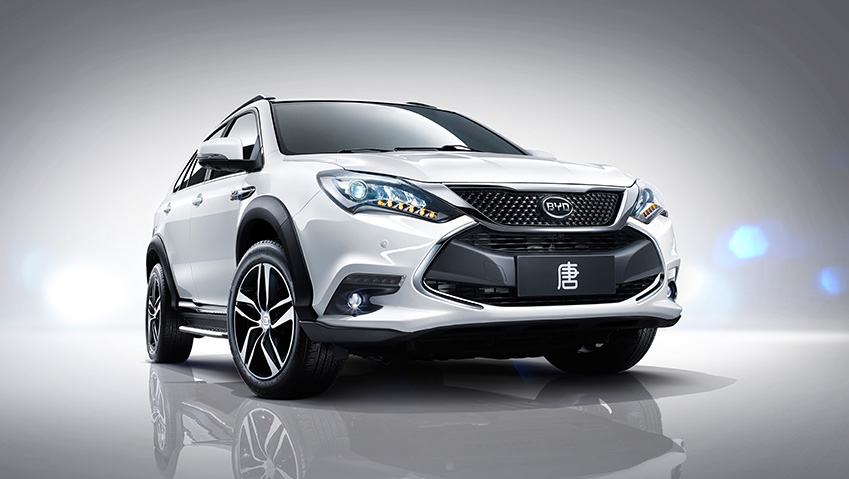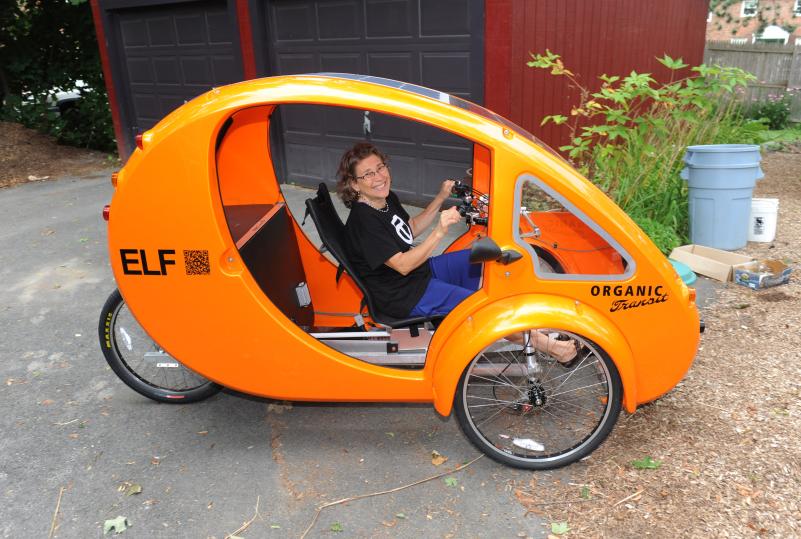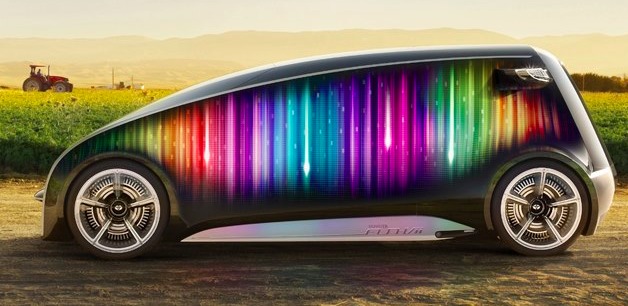The Seoul Metropolitan Government plans to install more than 100 EV charging points until the end of this year.
“We are establishing advanced operation system to compete with EV charging infrastructure established in other advanced cities,” said Director Lee In-Keun for Air Quality Management Division at the government.
In an effort to promote the use of the eco-friendly vehicles, the city government is working to secure enough parking spaces to accommodate minimum two electric vehicles and at least one charging station at each of Seoul 25 district (“gu”) offices.
In recognition that lack of EV charging facilities is the biggest challenge in promoting the eco-friendly vehicle, the city government, on May 28, signed a joint agreement with three large Seoul-based retailers.
Based on the agreement, Lotte Mart is planning to install EV charging stations at its two branches in the city. E-Mart, on the other hand, has installed one charging station that can accommodate two electric vehicles at the same time, free of charge, while designating two parking spaces exclusively for EVs at its Seongsu branch.
Within this year, E-Mart is planning to install EV recharging facilities at six stores around Seoul and expand the service to 25 stores in the city in a near future.
Home Plus installed an EV recharging facility at its Yeongdeungpo store this month. The company plans to have all 25 Home Plus stores in Seoul provide the service at the end, starting from larger stores such as those in Jamsil and Mok-dong.
The agreement also allows visitors of the aforementioned stores to recharge their electric vehicles for free, until the end of this year. Both the city government and the businesses, however, agreed to join efforts to extend free EV recharging service in the future and further prioritize electric vehicle drivers.
In order to make electric vehicle charging service available for wider audience, the city government also signed an agreement with the Korea Transportation Safety Authority last year, to manufacture five highway speed electric vehicles.
The vehicles can run 180km per charging and its top speed marks at 150km per hour. Once certified by the Korea Transportation Safety Authority, The EVs will be used to monitor and control air pollution in town.



